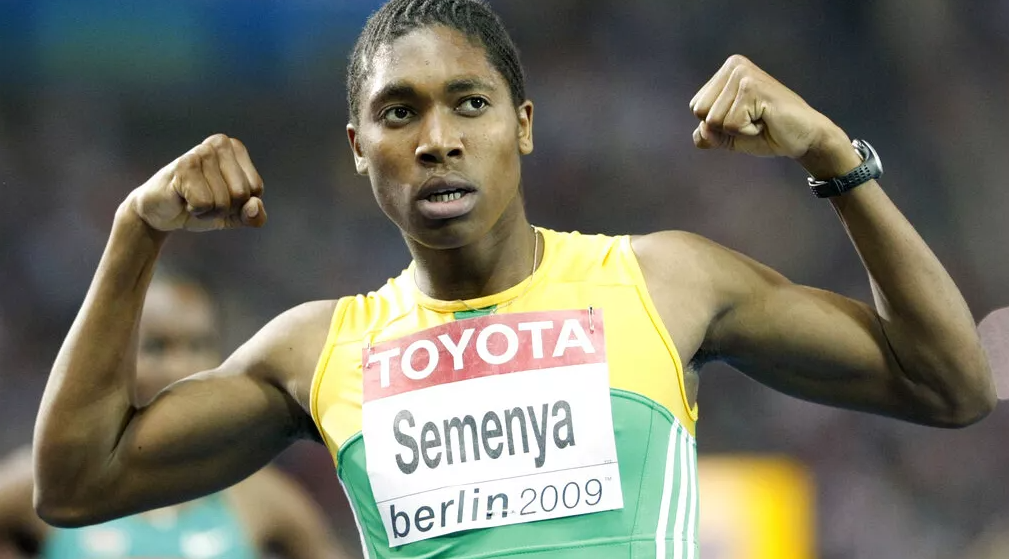Semenya’s Decade-Long Legal Battle Persists: Caster Semenya, a two-time Olympic champion, will face the European Court of Human Rights on May 15 in what promises to be a watershed moment in her career. The crux of this pivotal meeting is her unwavering resistance to the controversial rules imposed by World Athletics.
Semenya stated, with unwavering resolve, “This marks a crucial juncture in my personal odyssey as both a human being and an athlete.” She remembered her difficult journey: “The obstacles I have surmounted have sculpted me into not just a formidable champion but also a nurturing mother, devoted wife, supportive sister, and cherished daughter.”
Semenya possesses a distinct biological makeup, with hormones, DNA, and reproductive organs that display male and female traits. She was born 33 years ago with variations in sexual development (DSD), a cluster of unusual diseases.
World Athletics banned Semenya from competing in female track events until she took medication to reduce her testosterone levels, which was a massive setback despite her outstanding accomplishments.
With bated breath, Semenya awaits the court’s decision; she hopes it will protect her rights and set a precedent that other athletes worldwide can follow. “I remain optimistic that the Grand Chamber will render a favorable decision that upholds the principles of human rights within the realm of sports governance,” she emphasized.
Semenya is challenging a previous decision that sided with Switzerland in an appeal set to take place in Strasbourg, France. Judges will deliberate on this matter.
This legal drama, which has its origins in Semenya’s fight against discriminatory gender restrictions, illuminates the ongoing problem of unfairness in international athletics and stresses the importance of treating all athletes fairly and equally, regardless of their genetics.

















